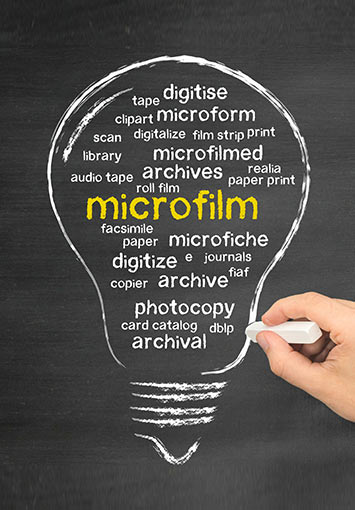Article Category
Records Management Strategies
Learn about best practices, tips, and tricks to help your organization simplify the creation, maintenance, and disposal of records.
Keeping up with regulatory rules and compliance requirements can feel overwhelming, but it’s a necessary part of running a successful business. While it can be frustrating at times, these regulations provide a framework that helps you protect your data, your clients’ data, and your business’s reputation. However, monitoring regulatory compliance is much more challenging when
Digital document management is more accessible and affordable than ever before, prompting businesses of all kinds to embrace paperless recordkeeping. A well-designed cloud-based document management system (DMS) can be transformative for companies managing large volumes of records, especially those still using paper or microfiche. These systems offer an efficient, secure, and accessible way to manage
When it comes to storing documents in a compact, durable format, microfiche and microfilm have been the go-to choice for records storage for decades. Government agencies, museums, and libraries have relied on these formats for years, using them to archive everything from historical documents to public records. It’s also not unusual for individuals to have
While recordkeeping practices vary from one court to another, most courts maintain at least some of their records on paper. Although going fully paperless might not be possible, scanning court records enhances access to information and streamlines records management.
Record keeping is an important part of running any business. It ensures that information is readily accessible, helps maintain regulatory compliance, and supports informed decision-making. Although it may not be the most exciting part of business ownership, efficient record management streamlines operations, cuts costs, and boosts your company’s potential for success. However, relying on paper-based
A small change is coming to the Health Insurance Portability and Accountability Act (HIPAA) in 2024, in regards to managing reproductive health information. The Department of Health and Human Services (HHS) finalized these changes in April 2024, bringing in new rules on how this information is handled and protected. Here’s what you need to know
Switching from paper to electronic recordkeeping is a big step for any business. Not only will your office be more efficient and less cluttered, but you’ll also be able to eliminate many of the unnecessary expenses associated with paper recordkeeping. However, storing records digitally has its own costs, and being able to calculate and manage
Savvy business owners are always looking for new ways to save money and increase their bottom line. But in the quest to trim the fat, many overlook the potential savings that can come from modernizing their business’s record-keeping practices. And honestly, that’s not surprising. Record-keeping is typically seen as a mundane necessity, a side effect
Imagine a busy law firm with a room full of client files dating back a few decades. One evening, after hours, a burst pipe on the floor above sends water cascading down, soaking several boxes of critical documents below. By the time the first employee arrives the next morning, the damage has already been done:
Transitioning from paper to digital record-keeping is an exciting step for any business. Think of the space you’ll save and how much easier it will be to locate important documents. However, scanning your documents is just the beginning. To truly benefit from your new digital system, you’ll need to choose the right document management system









